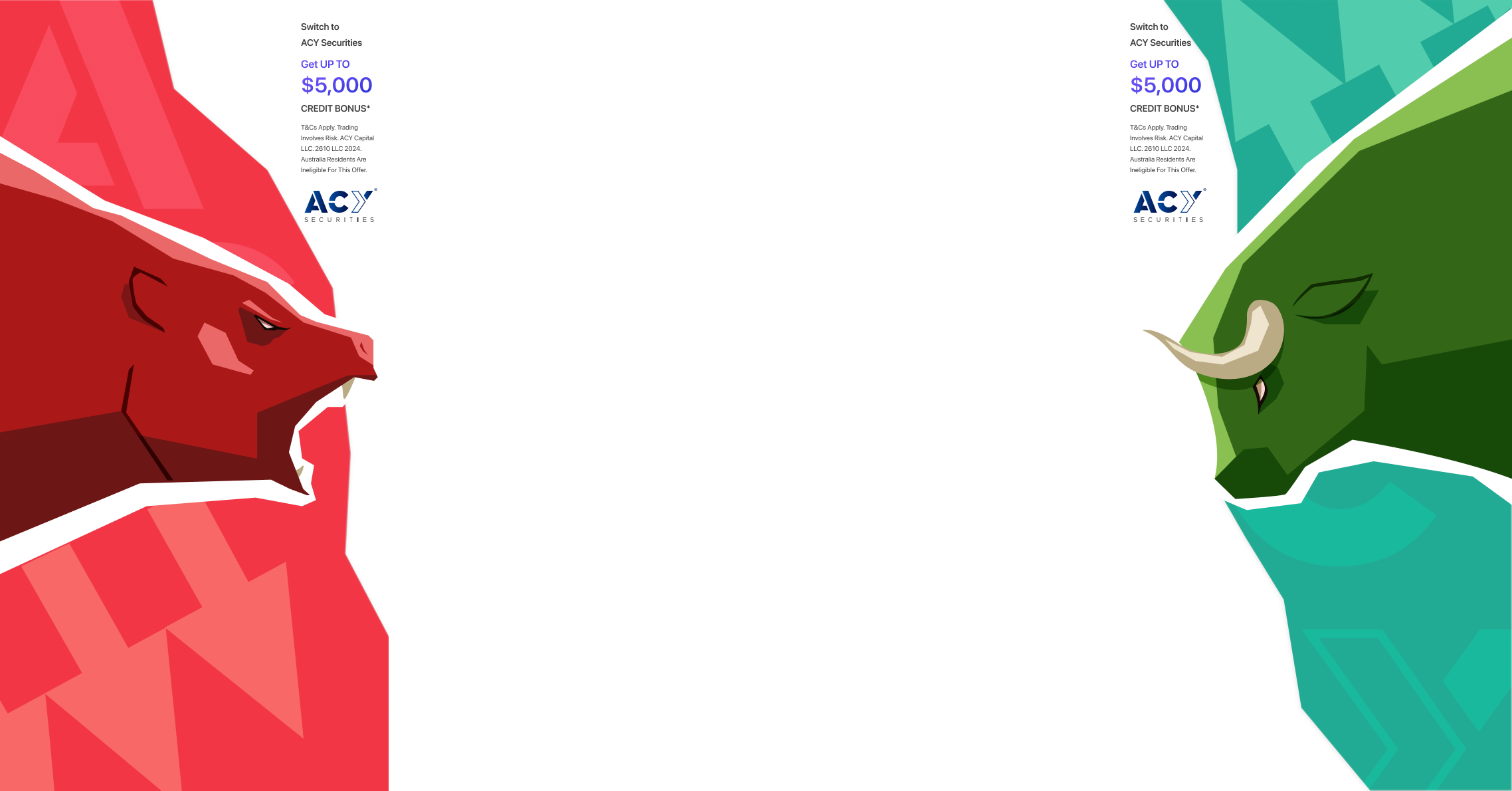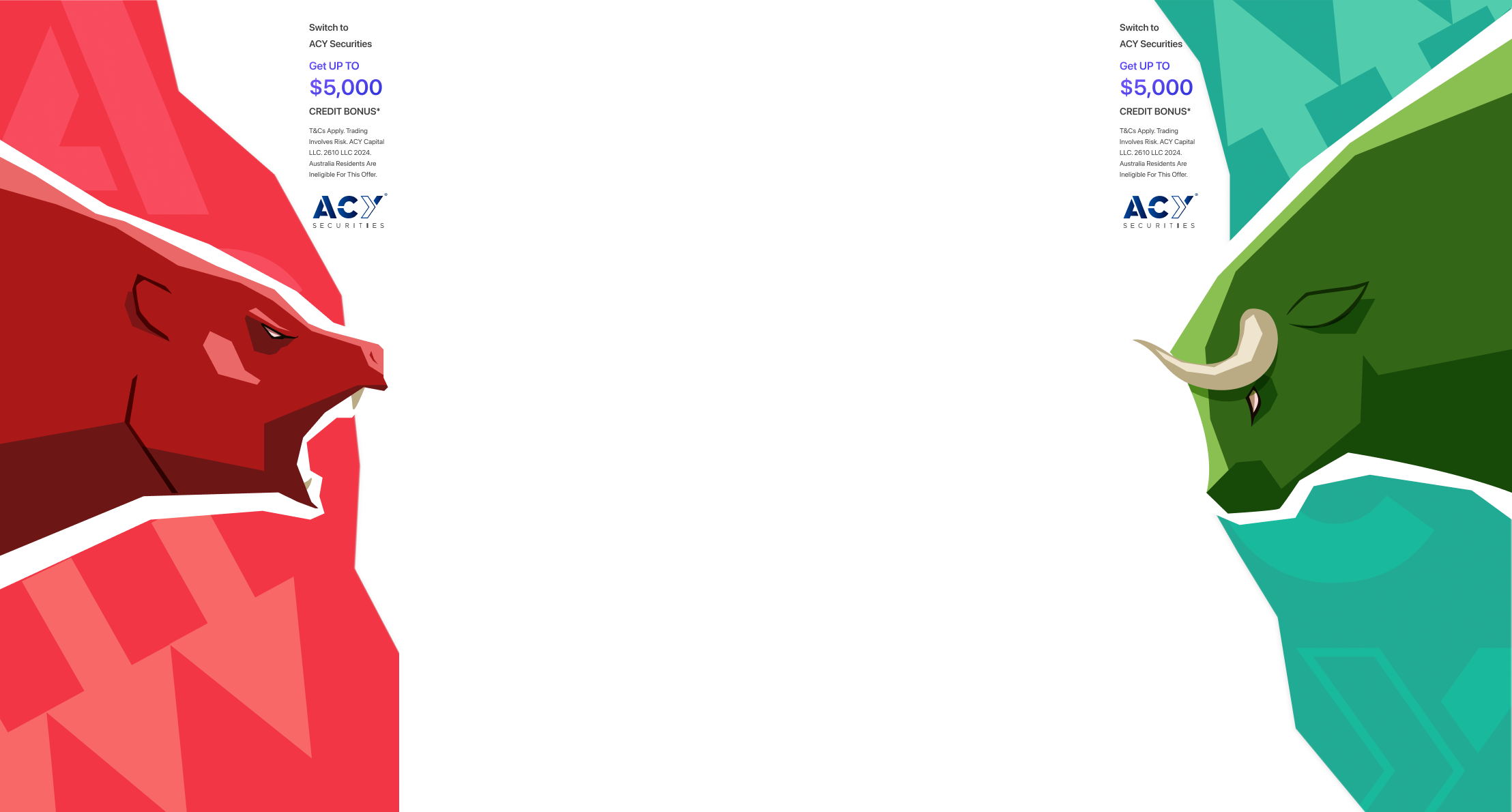Temporary USD Bull Run, Bears Poised for a Comeback!
The US dollar saw a moderate uptick during Asian trading session yesterday, following the release of the much-anticipated August nonfarm payrolls report last Friday (06/09/2024). This surge was reflected in a 0.3% rise in the dollar index, driven largely by decreasing expectations for a 50-basis-point interest rate cut by the Federal Reserve in its forthcoming September meeting. Instead, market forecasts have shifted toward a smaller 32-basis-point reduction, reflecting evolving sentiment around the Fed’s next moves. The dollar's gain was further bolstered by broader market caution, particularly in the wake of global equity sell-offs that prompted a more risk-averse attitude among investors.
DXY H1 Since Monday Opening
Source: TradingView The August nonfarm payroll report presented a picture of a labour market that continues to soften. The US economy added 142,000 jobs in August, a figure that, while positive, was tempered by the fact that the employment gains for previous months were revised downward by 86,000 jobs. Over the past three months, average monthly job growth has slowed to 116,000—noticeably below the year-to-date average of 184,000 jobs per month. Despite this, the unemployment rate experienced a modest decline, edging down to 4.2%. However, this dip in the jobless rate has done little to mask the underlying challenges facing the labour market, which remains under pressure amid signs of economic cooling.
These developments are heightening pressure on the Federal Reserve to reassess its monetary policy stance. With employment slowing and the broader economy displaying signs of strain, there are growing concerns that maintaining restrictive interest rates for an extended period could intensify the downturn in the labour market. Federal Reserve Chair Jerome Powell has acknowledged these concerns, reiterating the Fed's dual mandate of fostering a healthy labour market and ensuring price stability. While the central bank remains committed to navigating these economic challenges with precision, Powell has also emphasized the need for flexibility in future policy decisions, keeping the Fed open to adjusting rates if further economic risks materialize.
Despite the diminished likelihood of a 50-basis-point rate cut in September, market speculation suggests that a more aggressive rate cut could still be on the table before the end of the year, potentially by November. Investors and analysts alike are closely monitoring Fed signals, as the central bank's decisions will play a critical role in shaping the economic landscape in the months to come.
CME FedWatch Tool
Source: CME Recent statements from Federal Reserve officials offer some clues, though they remain cautious. Neither New York Fed President John Williams nor Fed Governor Christopher Waller have strongly advocated for an immediate large rate cut. However, both have hinted that the central bank is prepared to act if incoming economic data points to further weakening. Their remarks underscore a growing openness within the Fed to reducing rates, though they also suggest a desire to avoid hasty decisions in favour of a more measured approach.
In the meantime, the US dollar's recent strength may be more of a temporary boost than a sustained trend. As the labour market shows signs of weakening, and the broader economic outlook remains uncertain, future monetary policy adjustments will likely come into sharper focus. This could lead to shifts in currency market dynamics, particularly if the Fed ultimately moves toward a more significant rate cut later in the year. Investors, therefore, remain cautious, balancing the temporary rise of the dollar against the potential for further market volatility as the Fed weighs its next steps.
This content may have been written by a third party. ACY makes no representation or warranty and assumes no liability as to the accuracy or completeness of the information provided, nor any loss arising from any investment based on a recommendation, forecast or other information supplies by any third-party. This content is information only, and does not constitute financial, investment or other advice on which you can rely.





















